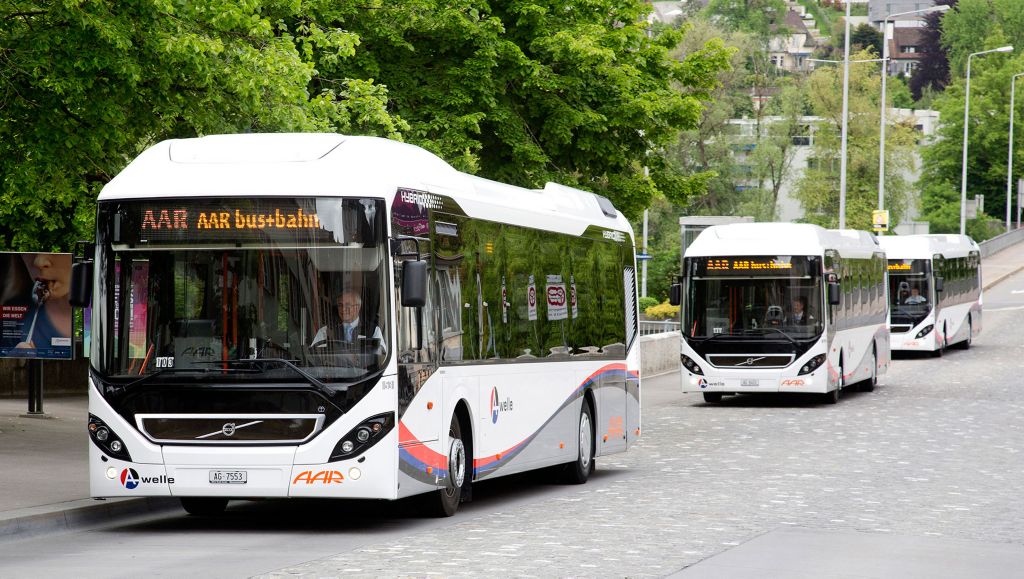New milestone for Volvo’s hybrid buses – 3000 units sold


Following the introduction of Volvo Buses’ first hybrid buses in 2010, sales have increased steadily at the same time as the product range has undergone continuous development and expansion. Today Volvo offers comprehensive system solutions for electrified public transport with hybrid buses, electric hybrids, and all-electric buses. The hybrid models are available in conventional 12-metre configuration, as articulated models, and as double deckers.
In 2016, Volvo sold 533 electrified buses, encompassing hybrids, electric hybrids, and all-electric buses.
The largest single market for Volvo’s hybrid buses thus far is the UK, which accounts for almost half (1 425) of the total of 3000 sales. Other major markets are Colombia (468), Sweden (196), Spain (137), Germany (135), Switzerland (129) and Norway (109). Over the past two years, demand for Volvo hybrid buses has also increased in eastern Europe, with a healthy sales trend in Estonia (44) and Poland (48).
Volvo’s range of electrified buses
Hybrid buses: Volvo 7900 Hybrid, Volvo 7900 Hybrid Articulated, Volvo Hybrid Double Decker (B5LH9).
Electric hybrids: Volvo 7900 Electric Hybrid, Volvo Electric Hybrid Double Decker (B5LHC).
All-electric buses: Volvo 7900 Electric.
*The hybrid buses are powered by electricity when moving off and when standing still at bus stops, otherwise they are propelled by their diesel engines. They are equipped with batteries, an electric motor and a small diesel engine. The batteries are charged during engine braking and the bus requires no external recharging infrastructure. Up to 39 per cent more energy-efficient than a corresponding diesel bus.
The electric hybrids are propelled by electricity for most of their route. They are equipped with batteries, an electric motor and a small diesel engine. The batteries are charged both during engine braking and through fast-acting Opportunity Charging at either end of the bus route. Up to 60 per cent more energy-efficient than a corresponding diesel bus.
The electric buses are powered entirely by electricity. These buses feature a powerful battery pack and an electric motor. The batteries are charged during engine braking and through fast-acting Opportunity Charging at either end of the bus route. Up to 80 per cent more energy-efficient than a corresponding diesel bus.
Download image
January 30 2017
For further information, please contact:
Helena Lind, Manager Media Relations, Volvo Bus Corporation
Phone: +46 (0)31-323 62 57